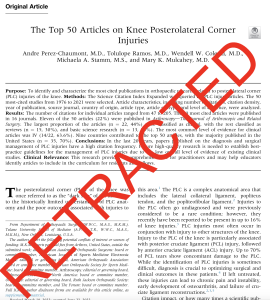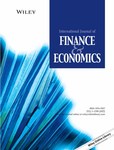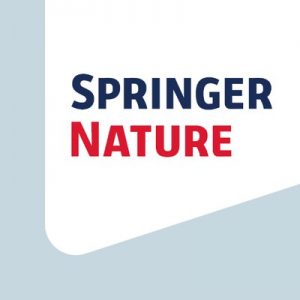Nineteen journals from the open-access publisher Hindawi were removed from Clarivate’s Web of Science Monday when the indexer refreshed its Master Journal List.
The delistings follow a disclosure by Wiley, which bought Hindawi in 2021, that the company suspended publishing special issues for three months because of “compromised articles.” That lost the company $9 million in revenue.
Clarivate updates its Master Journal List of titles included in Web of Science on a monthly basis. It dropped more than 50 journals from its indexes in March, according to a blog post by Nandita Quaderi, editor in chief and vice president of Web of Science, for failing to meet 24 quality criteria such as adequate peer review, appropriate citations, and content that’s relevant to the stated scope of the journal.
Delisting 50 journals at once is more than usual for Clarivate, and may be the beginning of a larger culling. Quaderi wrote that the company developed an AI tool “to help us identify outlier characteristics that indicate that a journal may no longer meet our quality criteria.” The tool flagged more than 500 journals at the beginning of this year, according to her blog post, and Web of Science’s editors continue to investigate them.
Continue reading Nearly 20 Hindawi journals delisted from leading index amid concerns of papermill activity







